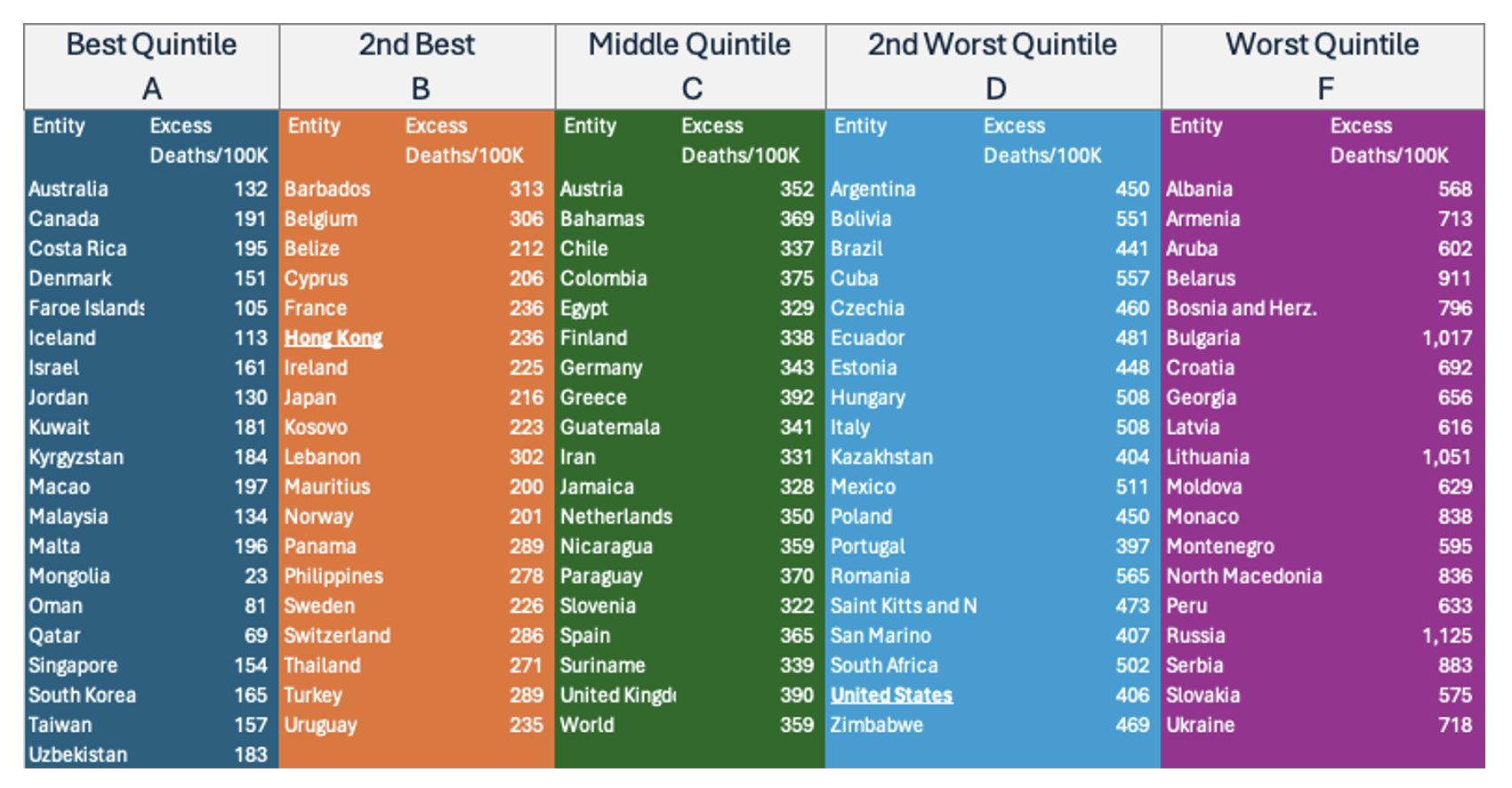Watched but Not Seen
Among the Zulu people of South Africa the traditional greeting is “Sawubona” literally “I see you”. Contrast that to the English, “How are you?” -- literally a demand for an evaluation.
Evaluations, peer reviews, and performance reviews can be friendly or not. Jeremy Bentham deserves partial credit for their dark side. Jeremy Bentham thought prisons should be designed around a central panopticon, a tower that would allow the guards to watch every prisoner around the clock to deter mischief.
Modern philosophers like Michel Foucault see panopticons as pervasive in modern society–we are all under the surveillance of others and we all stay on guard to conform. Performance is quantified on scales that are tied to carrots and sticks. The numbers have a hard time saying full sentences about who we are and how we matter. Throughout the year the sense that one is constantly being watched by a corporate evaluator leads to the stress of chronic self-censorship and gets in the way of open communication. There can be an erosion of trust and suspicion if the measurement scales are not transparent. All of this is further charged if the performance scales are tied to financial rewards and pay raises. Social-evaluative stress has been shown to elevate cortisol levels [1,2] and has been an increasingly prevalent part of the workplace.
Performance evaluations, should be and can be opportunities where team members share what they know about how to bring out the best in their team mates. One of the most motivating things about being on a team is to be included and valued for what you bring to the team. Solidarity comes from being “seen”, not being “watched”. Inclusive teams can have impactful discussions about each team members’ role and ways to bring out everyone’s best.
The words, “I see you.” or even better , “I feel you.” convey psychological resonance. Really seeing someone means seeing with empathy and understanding. “I see you.” is the fulcrum for a two-way conversation that is now open to sharing goals and strategies. The panopticon derails seeing by substituting watching. A coach who really “sees” their co-workers can set up a “we” relationship for everybody.
Evaluation is not inherently bad. Team members want and need to discuss performance so the organization they care about can prosper. The team need not be egalitarian–there can be supervisor-supervisee roles, but there needs to be explicit reference to the shared goals of all parties as a team. The year-round paradigm must be about how the team can work better together with two-way feedback being normal. Meetings to discuss performance should be set up as listening sessions rather than inquisitions. Quantitative ratings need to be fair and transparent. There should be qualitative component that spends as much time appreciating strengths as finding areas for improvement. The goal is to replace the panopticon with “Sauwobona”.
David Bishai is Director and Clinical Professor of the University of Hong Kong School of Public Health
REFERENCES
[1] Wadiwalla, Mehereen, Julie Andrews, B. Lai, Claudia Buss, Sonia J. Lupien, and Jens C. Pruessner. "Effects of manipulating the amount of social-evaluative threat on the cortisol stress response in young healthy women." Stress 13, no. 3 (2010): 214-220.
[2] Andrews, J., Wadiwalla, M., Juster, R. P., Lord, C., Lupien, S. J., & Pruessner, J. C. (2007). Effects of manipulating the amount of social-evaluative threat on the cortisol stress response in young healthy men. Behavioral Neuroscience, 121(5), 871–876. https://doi.org/10.1037/0735-7044.121.5.871


Comments
Post a Comment